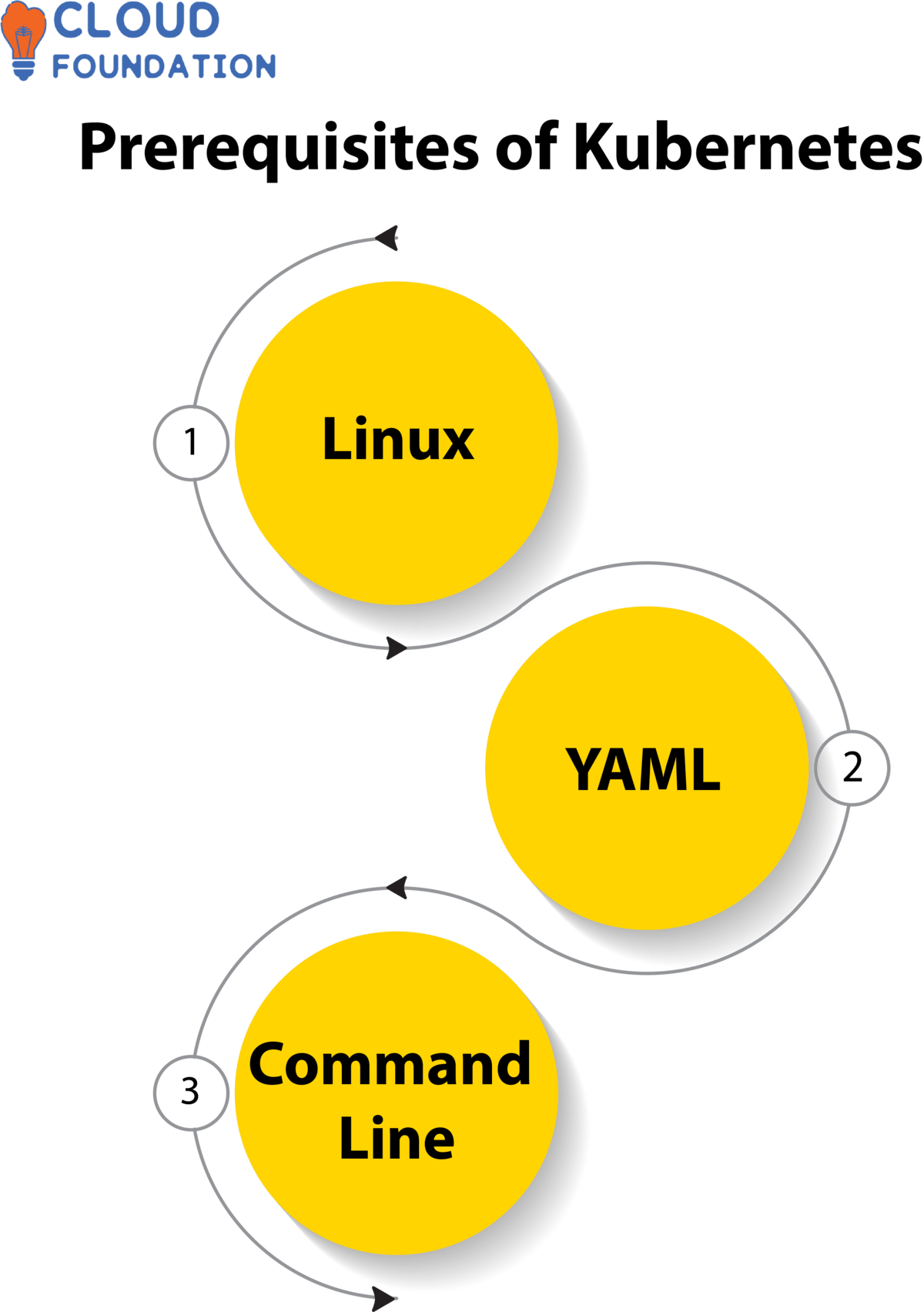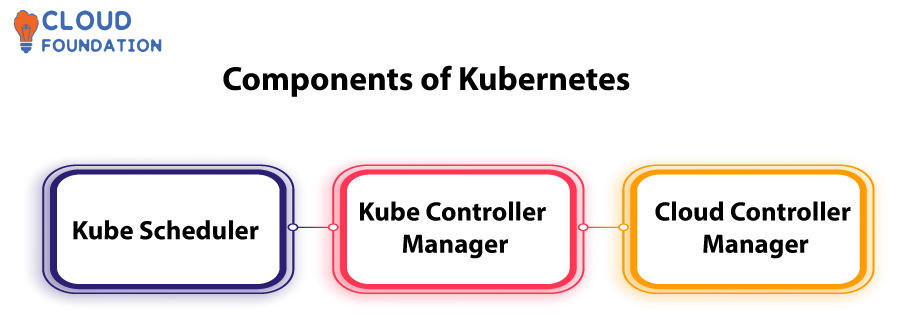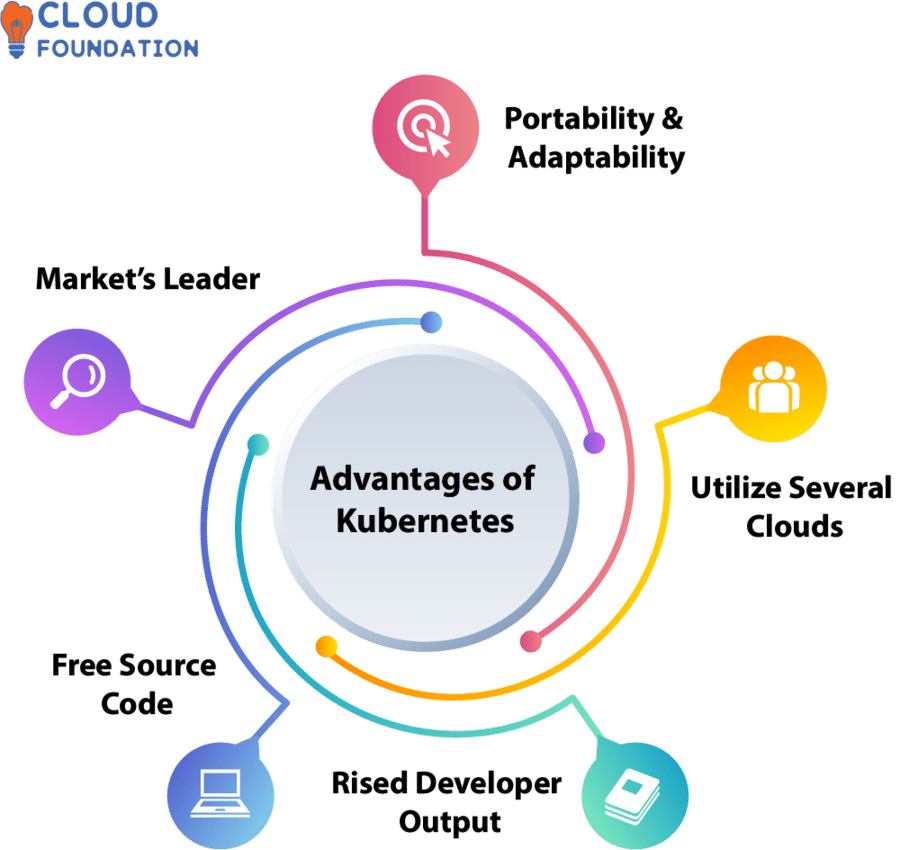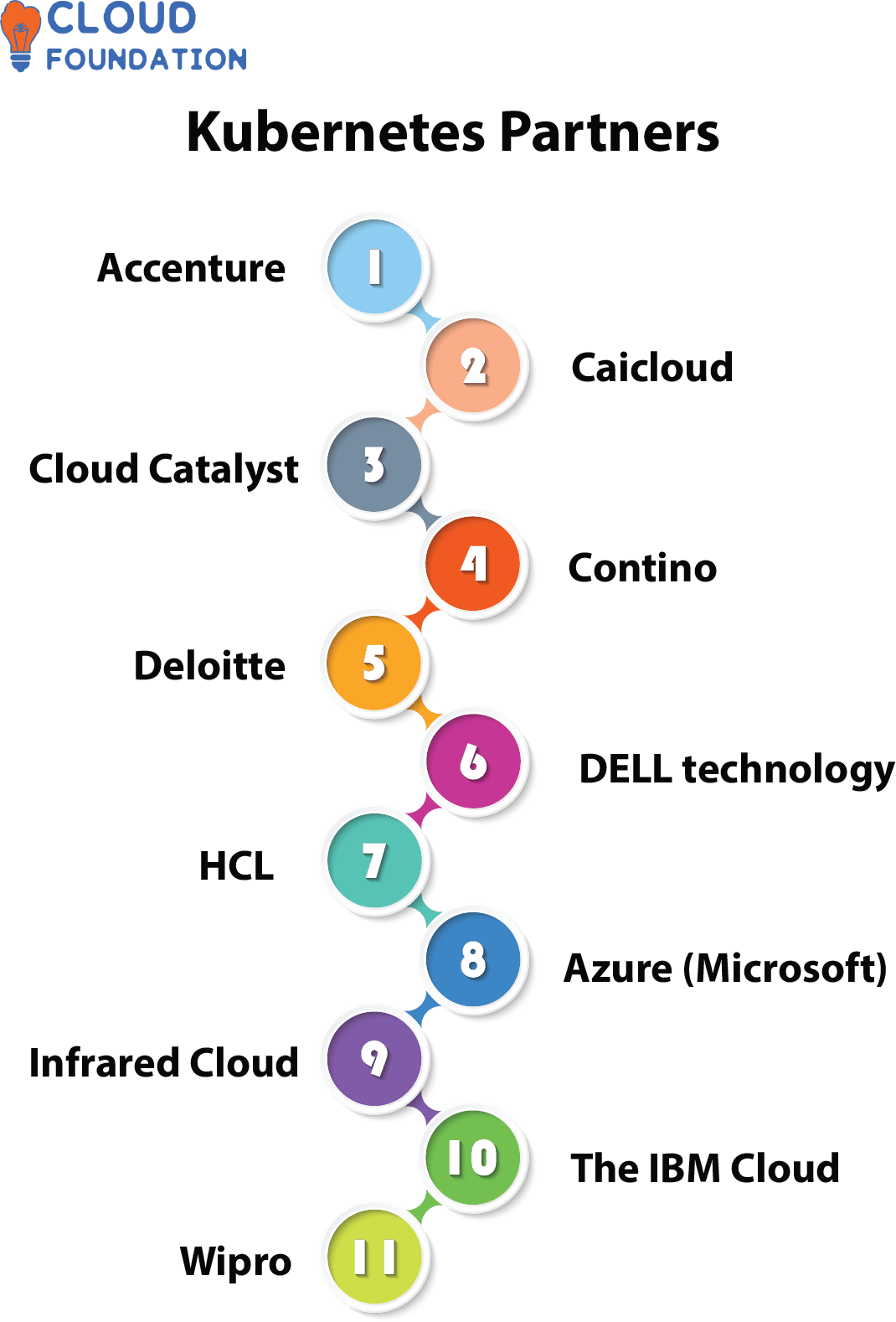Kubernetes Tutorial
People who want to study Kubernetes and are looking for the finest Kubernetes tutorials should visit our site.
So, before we get into the main content, let me give you a basic grasp of the Kubernetes course. In one word, it is the best cloud automation tool.
We may also learn about how Advanced Containerized App Management works.

So why wait? Let’s learn more about Kubernetes.
Welcome to my blog, where we’ll be discussing Kubernetes Tutorials, an effective cloud automation tool.
Are you interested in learning how to utilize Kubernetes? Learn all you need to know about this advanced containerized app management solution with the help of my Kubernetes Tutorial blog.
- What is Kubernetes, exactly?

Kubernetes is a platform for container orchestration that may be used with nearly any container runtime. It is a free and open-source platform for managing containerized workloads and services to streamline application development.
Support, services, and tools for Kubernetes are widely accessible, and the ecosystem is continuously expanding.
- What should I take away from this technological advancement?
- Become acquainted with the foundations of container orchestration.
- Create and deploy Kubernetes-based containerized apps.
- Discover the advantages of utilizing Helm charts with Kubernetes in your deployment.
- Understand networking principles for Kubernetes-based applications.
- It can debug and retrieve logs for your Kubernetes apps.
- How does this technology function?
Kubernetes monitors all of your cloud-deployed container apps. It restarts orphaned containers, turns them off when they’re not in use and closes them down when they are, and allocates resources like memory, storage, and CPU when they’re needed.
- What are the Kubernetes Prerequisites?
You must first satisfy several prerequisites before you can study Kubernetes.

It serves as a training ground for budding Kubernetes engineers. However, a basic understanding of Linux, YAML, and command lines is essential
- What are the different components of Kubernetes?
Kubernetes are made up of numerous parts. Here are a few examples:
Components of the control plane:

The control plane’s members make global decisions about the cluster.
- Kube-scheduler
The Control plane component searches for newly generated Pods that have not yet been allocated a node and allocates one.
- Kube-controller-manager
To decrease complexity, each controller is conceptually a different process. They are, however, all assembled into a single binary and operated as a single process.
- Cloud-controller-manager
Components of a node:
The cloud controller manager enables you to connect your cluster to the API of your cloud provider while isolating components that interact with the cloud platform from those that exclusively deal with your group.
Every node has node components that keep pods running and the Kubernetes runtime environment available.
- Kubelet
An agent running on each cluster node guarantees that containers in a Pod are operational.
- Kube-proxy
The Kubernetes Service concept is realized using Kube-proxy, a network proxy that runs on each node in your cluster.
- Container execution time
The software that oversees container execution is known as the container runtime.
What are the advantages?

The following are some of the advantages we will gain from Kubernetes:
- Portability and adaptability.
- The ability to utilize several clouds
- Developer output has risen.
- The source code is available for free.
- The market’s leader.
Let me show you some Kubernetes features.
So, these are the functionalities offered by Kubernetes:
- Scheduling Automation.
- The ability to self-heal.
- Rollouts and rollbacks are entirely automated.
- Horizontal scaling and load balancing
- It offers a stable environment for development, testing, and production.
- The infrastructure is loosely linked, allowing each component to operate independently.
- Do you want to know what Kubernetes plans are?
- Cloud computing is a term in today’s world, and Kubernetes integrates with various cloud and server solutions.
- It’s an essential initial step to take before entering a new field. Here are some of my tips to assist you in deciding whether or not to pursue a career in Kubernetes.
- Many businesses contribute to the open-source project in this rapidly evolving technology. Our leader, Kubernetes, is an open-source service with many additional characteristics that differentiate it from competing solutions.
- You can choose to work as a Kubernetes Application developer since the salary is excellent.
- What sorts of training programs are there?
They used to provide self-paced study as well as live teacher instruction.

- Self-paced learning: You will be provided with all the materials and pre-recorded offline videos needed to finish the course independently.
- Live-on-the-job training: In this course, you will be guided by a live teacher who will aid you in learning the material. The team will provide technical assistance to answer any questions concerning the trainer or tool access.
- Where can I obtain a reputable list of Kubernetes training platforms?
Several venues for obtaining specialist blogs, movies, and technical websites to analyze and develop expertise.
According to my personal experience, CloudFoundation online training for Kubernetes is the finest. It offers 24-hour student assistance, lifelong offline video access, and interview preparation with real-world examples.
Anyone may utilize it because it is a worldwide online training platform.
Some certification-related information is provided below.
The certification test will be given online, with all necessary precautions in place. To take the exam, you must first register with a particular website. With the most significant lessons and much hard effort, you can pass your certification. As you complete your certificate, you should update your qualifications and CV.
- What firms are involved in Kubernetes?

The companies mentioned below are Kubernetes partners
- Accenture
- Caicloud
- Cloud Catalyst
- Contino
- Deloitte
- DELL technology
- HCL
- Azure (Microsoft)
- Infrared Cloud
- The IBM Cloud
- Wipro
I’d want to end with this:
Before I go, there are a few things I’d like to bring up.
Kubernetes, as previously stated, is a container orchestration platform that can be used with nearly any container runtime.
Kubernetes sustains, tools, and services are widely available, and the ecosystem is growing all the time.
It restarts orphaned containers, turns them off when they aren’t in use and on again when they are, and allocates memory, storage, and CPU resources as needed.
CloudFoundation, in my opinion, is the best alternative for online education, which offers a free Kubernetes training session as an alternative. I believe you should have a look at it to ensure that you comprehend everything.
With my Kubernetes Tutorials blog, I hope I was able to help you.

Sowmya
Author
Being a passionate person, I love to present trending technologies in an innovative way.
